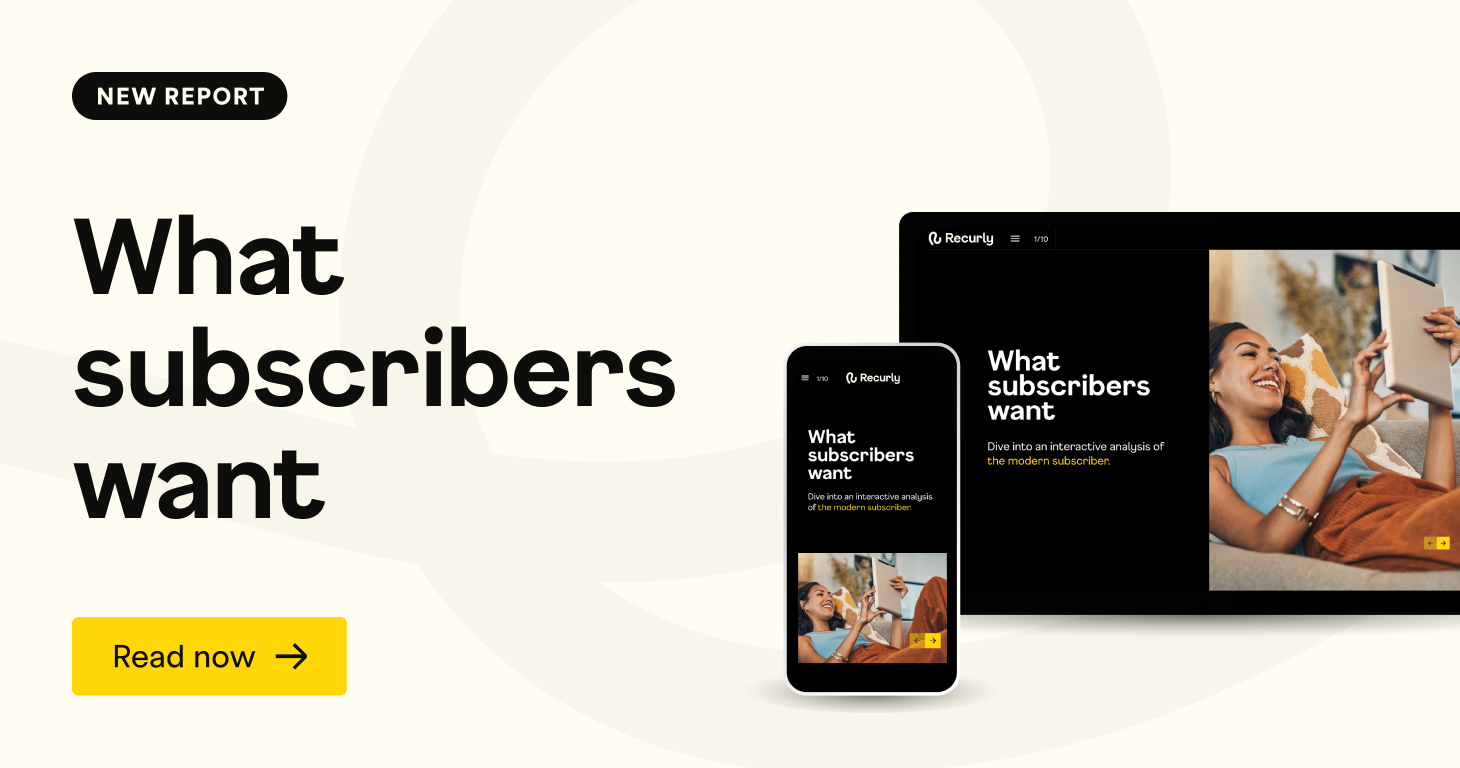Amazon ends Invitee program , NYT launches bundles & APMs surge

Welcome back to Subscriptions Weekly! This issue is all about how companies are rethinking growth and value: Amazon is shutting down Invitee sharing to drive more Prime memberships, while The New York Times is expanding with family bundles.
At the same time, digital payments and recurring revenue keep climbing, bundling is becoming a core strategy, and brands are testing new ways to engage subscribers.
Amazon retires Prime invitee to drive paid memberships Starting October 1, Amazon will end its Prime Invitee program, which allowed members to share free shipping with non-household users. Affected users are offered a discounted annual Prime membership at $14.99 for the first year. Moving forward, only household-based sharing via Amazon Family is allowed — letting one adult and up to four children benefit. Read more
NYT launches family subscription bundles The New York Times introduced two new plans: “All Access Family” at $30/month and “Games Family” at $10/month, designed to extend their reach across household interests. This supports their target of 15 million subscribers by 2027. Read more
The bundle economy accelerates in 2025 Nearly half of subscription brands plan to join retail bundles like Amazon Prime or Walmart+ this year. New research shows bundling is now a leading growth strategy, giving consumers more value and fewer standalone subscriptions to manage. Read more
Digital payments dominate: subscription businesses must adapt Worldpay’s 2025 Global Payments Report reveals that digital payments now account for 66% of global ecommerce spend, expected to rise to 79% by 2030. Mobile and real-time account-to-account (A2A) payments are growing fast. The need for flexible, localized, and
Volkswagen tests horsepower subscription VW is selling a 20-hp boost for its ID.3 EVs via software, £16.50/month, £165/year, or £649 lifetime. The model highlights auto brands’ push for recurring revenue, but consumer backlash shows the risks of charging for built-in features.Read more
Adobe sued over hidden fees and cancellation barriers A new lawsuit challenges Adobe’s “Annual, Billed Monthly” plan and its Early Termination Fees. The case highlights growing pressure on subscription companies to ensure transparent pricing and friction-free cancellation — key factors in building long-term subscriber trust.
FTC fines Temu $2M in first INFORM Act case
The FTC’s first action under the INFORM Act fined Temu for failing to provide clear seller info and consumer reporting options. The case sets a precedent for transparency rules and offers a preview of how click-to-cancel may be enforced. Read more
New from Recurly
Virtual event: What European consumers want in 2025
Subscription fatigue is rising — people now juggle 12 paid services on average, and nearly 80% feel overwhelmed. Join this live session to explore:
Shifting attitudes toward value and flexibility
which groups are most likely to churn
Tactics like pricing, bundling, and personalization that keep customers engaged
Equip your team to protect recurring revenue in Europe’s crowded market. Register now

New report: insights into subscriber behavior
What makes someone start — and stick with — a subscription? We asked over 1,000 consumers across the U.S. and EMEA. The findings reveal the top factors behind sign-ups and long-term loyalty, plus practical steps to improve acquisition and retention. Get the Insights

Virtual event: Subscription Sessions
Join us on September 24 to hear directly from leading brands as they share playbooks for cross-border growth. Learn how to:
Localize pricing for global markets
Simplify international payments
Build stronger ties with subscribers worldwide
Don’t miss this chance to prepare for international expansion. Reserve your spot

🗞️ Our latest articles:

